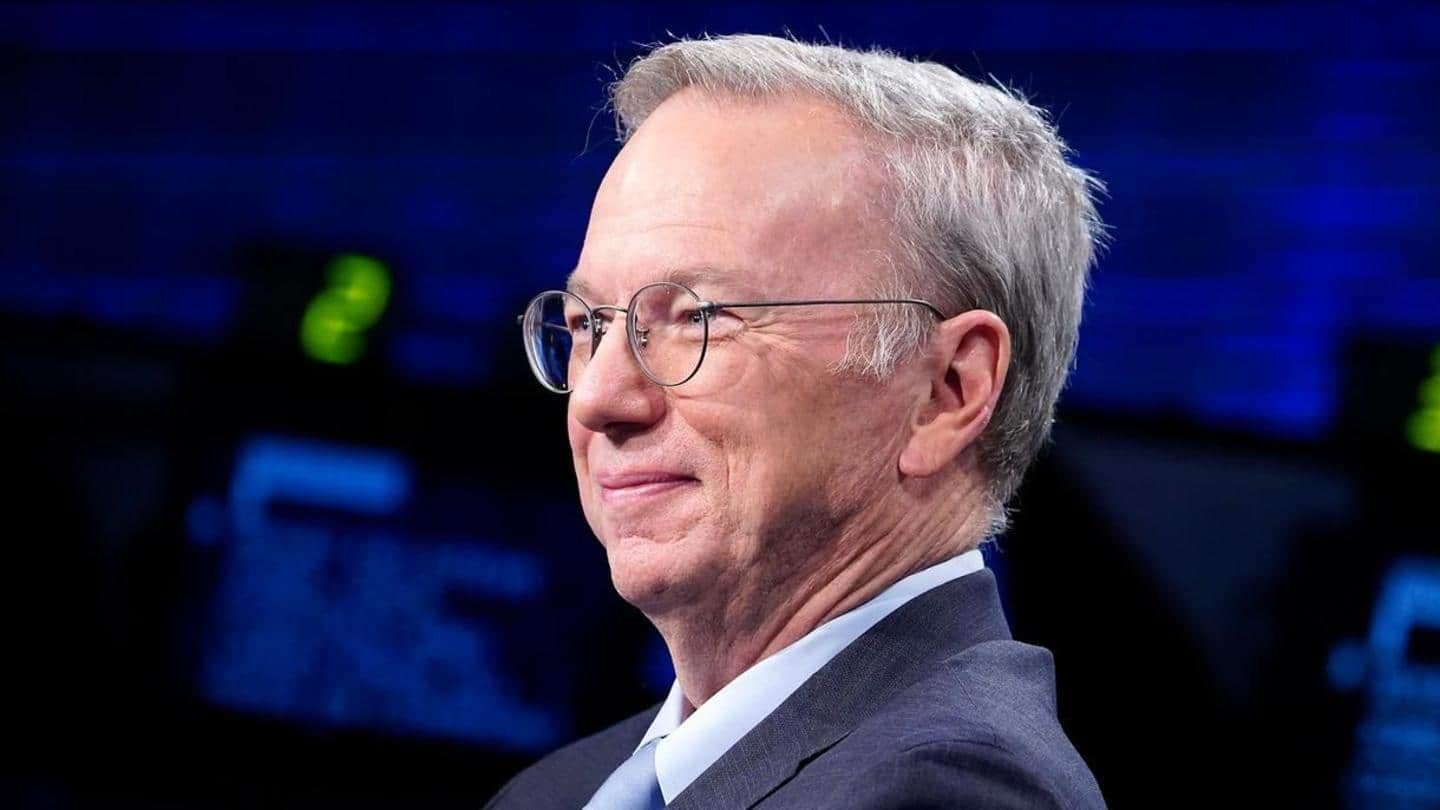
Ex-Google CEO is creating a 'tech school' for US government
What's the story
The American government has roped in former Google CEO Eric Schmidt to create a new 'tech school' called US Digital Service Academy.
The institute will take on the likes of MIT and Stanford and train young students to form the talent pool that will go on and handle federal technology projects.
Here's all you need to know about it.
Work
Schmidt working with former Deputy Secretary of Defense
As reported by Medium publication OneZero, Schmidt has been leading a federal commission with former Deputy Secretary of Defense Robert O. Work to build the new tech school.
It will serve as an accredited, degree-awarding university, where young students will be trained on digital skills like cybersecurity, coding, and AI with regular year-long coursework and then guided for internships and placements.
Talent
Best and brightest talent to be created
The report notes that Digital Service Academy will compete with the likes of MIT and Stanford and produce the best and brightest talent.
But, unlike the aforementioned colleges, the technology workers coming out from the new school will be ideologically imbued with a sense of duty towards the US.
This way, most of them would be developing technologies for the federal government.
Backing
Backing from agency prioritizing AI development
The development of this academy has been supported unanimously by the National Security Commission on Artificial Intelligence, the agency Congress launched in 2018 to prioritize AI development to match the strides being taken by China.
However, NSCAI's commissioner and former FCC head Mignon Clyburn has noted that the institute should be inclusive in its recruitment.
Questions
Apart from that, no other details are available yet
Apart from the institute's name and goal, there is not much information available about the Digital Service Academy or its opening.
Still, the development at least shows us what the ex-Googler has been up to lately.
Schmidt left Google in February, but back then, he was reported to be supporting scientific breakthroughs and chairing advisory groups on military technology, not creating MIT's competition.